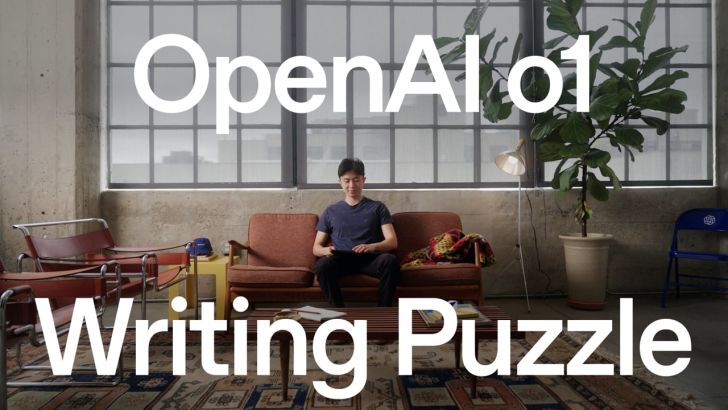📨 Weekly digest: 37 2024 | Is the pursuit of progress isolating us?
Exploring the unintended consequences of our tech obsession | AI this week in the news; use cases; tools for the techies
👋🏻 Hello friends, and welcome to the weekly digest, week 37 of 2024.
Google and Apple lose their court fights against the EU and owe billions in fines and taxes. 1
The European Union's Court, the European Court of Justice, played a pivotal role—not necessarily positive—in these cases. It rejected Google's appeal against the European Commission's penalty of 2.4 billion euros ($2.7 billion).
Furthermore, these decisions serve as a stark reminder of the court's authority in regulating global tech corporations.
It's crucial to reiterate a point that has often sparked debate: ultimately, technology must be subordinated to law. Ultimately, this principle applies to all tech giants, including Google, Apple, and Telegram.
Ultimately, again.
And, yes, it is legitimate to ask what laws, regulations, and considerations.
The world of technology is relatively disconnected from traditional political and legal perimeters, and more often than we think, modern process ("early tech") adopters tend to preach the libertarianism movement.
However, in a complex and thought-provoking paradox, what's often observed in discussions surrounding technology and progress is that while technology frequently pushes the boundaries of what's possible and enables previously unimaginable innovations, it tends to challenge or even dismiss traditional systems and structures.
This can lead to a tension between the desire to embrace the new and the need to maintain order and stability:
Technological advancements often outpace the development of laws and regulations, creating a gray area where new technologies operate without clear guidelines. This can lead to concerns about potential misuse or unintended consequences.
What can we consider as "disruption of traditional regulatory frameworks"?
Technology can empower individuals and enable decentralized decision-making. Still, it can also lead to the fragmentation of communities and a decline in traditional forms of collective governance.
What are the challenges of "collective decision-making"?
In some cases, technology can be used to manipulate public opinion or undermine democratic processes. This raises concerns about the future of democracy in an increasingly digital world.
What's the role of democracy?
It's important to note:
This isn't necessarily a negative phenomenon. Technology has the potential to improve our lives in countless ways, and questioning traditional systems can lead to positive change.
The key lies in striking the right balance. It's essential to embrace technology's benefits while also ensuring that appropriate safeguards protect individuals and society as a whole.
Open dialogue and critical thinking are crucial for navigating this complex terrain.
In conclusion:
The paradox between traditional applications vs. new technological advancements highlights fundamental and profound tensions between society and technology.
It's a reminder that while technology has the potential to be a powerful force for progress, it's essential to approach it with caution and ensure that its development and use are guided by ethical considerations and a commitment to the common good. The sheer potential of technology is something to marvel at.
What do you think?
This week’s Wild chat
I am looking forward to reading your thoughts in a comment.
Happy days,
Yael et al.
🦾 AI elsewhere on the interweb
An analysis of Google’s AI overviews versus news publishers, via PressGazette [LINK]
Waymo has started released statistics on its autonomous driving [LINK]
Apple is fighting the idea (advanced by Meta, amongst others) that it and Google should provide a private age verification system in smartphone operating systems so that, for example, adult sites could ask the phone, ‘Is this an adult?’ in a private, secure way instead of having to ask you for your identity documents. [LINK]
Fast access to our weekly posts
Previous digest
📨 Weekly digest
Thank you for being a subscriber and for your ongoing support.
If you haven’t already, consider becoming a paying subscriber and joining our growing community.
To support this work for free, consider “liking” this post by tapping the heart icon, sharing it on social media, and/or forwarding it to a friend.
Every little bit helps!










